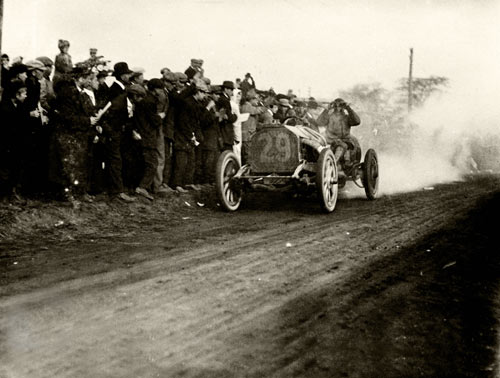On Sports Parenting
I am a sports parent but have never been the type that lived through the achievements of their kids, but even so, there are parts of Rich Cohen’s The Sad Fate of the Sports Parent I identified with.
The end began like this: One evening, after the last game of the high-school season, I asked my son if he’d be trying out for spring league. For a youth-hockey kid, playing spring league is the equivalent of a minor-league pitcher playing winter ball in Mexico — so necessary as a statement of intent and means of improvement that forgoing it is like giving up “the path.” Rather than a simple affirmative nod, as I’d expected, I got these words: “I’m going to think about it.” Think about it? For me, this was the same as a girlfriend saying, “We need to talk.”
Only later did I realize that those words were the first move in a careful choreography. My son wanted to quit, but in a way that would not break my heart. He also didn’t want me to rant and rave and try to talk him out of it.
We had reversed roles. He was the adult. I was the child.
I find the life-long child/parent role-reversal dynamic endlessly fascinating. And also this bit:
He had no inherent genius for the game, but he loved it, and that love, which was his talent, and the corresponding desire to spend every free moment at the facility — the life of a rink rat — jumping onto the ice whenever an extra player was needed, shooting tape balls in the lobby, made him an asset. A kid can have all the skills, speed, size, and shot, but if he doesn’t want to be there, if he doesn’t love the game, it’s not going to work.
It was passion that got him onto the top teams (this was tier-two and tier-three hockey in Fairfield County, Connecticut) and thus sowed the seed that eventually became, for me, a bitter plant. His love for the game elevated him to the hypercompetitive, goal-fixated ranks, where it’s always about the next tryout and the next season, who will make it and, more important, who will be left behind. Irony: His love for the game had carried him to a level where no love is possible.
Both of my kids are skiers competing on a national level and they are definitely struggling with this — how do you balance the genuine love of a sport and competition with the fixation on goals & judging? When is it no longer worth it?






Stay Connected